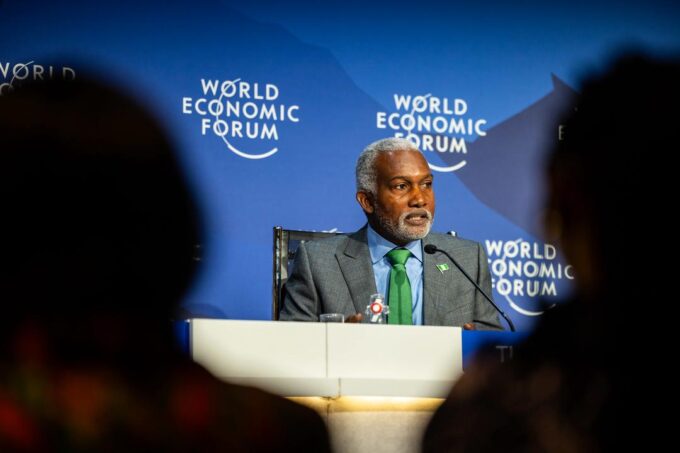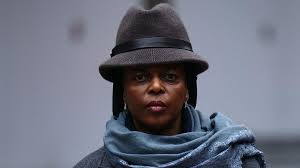Zimbabwe’s President Emmerson Mnangagwa has launched an unexpected charm offensive toward former US President Donald Trump, hoping to end long-standing sanctions on Zimbabwe’s political elites, including members of his own family. In a surprising move, Mnangagwa announced the removal of tariffs on American goods, a gesture that appears more diplomatic than economic. This comes just as Trump imposed an 18% tariff on Zimbabwe as part of his broader trade war strategy.
Bilateral trade between the US and Zimbabwe remains minimal, totaling only $111.6 million in 2024. The US exported $43.8 million in goods, including tractors, to Zimbabwe and imported $67.8 million worth of ferroalloys, tobacco, and sugar. Despite this modest trade volume, Mnangagwa’s gesture signals a strong desire to reset relations with Washington and portray Zimbabwe as a cooperative international partner.
Instead of retaliating, Mnangagwa took to X (formerly Twitter), emphasizing Zimbabwe’s commitment to “equitable trade and enhanced bilateral cooperation.” The tariff cuts appear to be aimed at creating goodwill with Trump and his administration, rather than protecting Zimbabwe’s economic interests.
Experts argue that the gesture has little to do with trade policy and everything to do with diplomacy. According to Gideon Chitanga, a research associate at the African Centre for the Study of the US at Wits University, Mnangagwa’s primary goal is to get US sanctions lifted. These sanctions were imposed in the early 2000s in response to human rights violations and corruption and were reinforced by the Zimbabwe Democracy and Economic Recovery Act (ZDERA).
Though some of these sanctions were relaxed in 2024 under President Joe Biden, with a shift toward targeted penalties, Mnangagwa and key allies—including his wife Auxillia, Vice President Constantino Chiwenga, and business magnate Kudakwashe Tagwirei—remain sanctioned under the Global Magnitsky Program. Lifting these sanctions would require bipartisan support in the US Congress, a feat many consider unlikely, especially with Republican lawmakers adopting a more hawkish stance.
At a Republican fundraising dinner, Trump boasted about countries “kissing my ass” to negotiate trade deals, while his adviser Peter Navarro dismissed Zimbabwe’s tariff cuts as meaningless. Ronald Chipaike, a lecturer of International Relations at Bindura University, agreed that the US is unlikely to reconsider sanctions without tangible reforms from Harare.
Zimbabwe’s softening tone is also reflected in its diplomatic efforts. Hilda Suka-Mafudze, Zimbabwe’s African Union ambassador to the US, has initiated talks with international lobbying firms in a bid to craft a sanctions-lifting campaign. At the same time, Zimbabwe has granted a license to Elon Musk’s Starlink, another apparent signal to Washington that the country is open to Western influence and investment.
Some analysts believe Zimbabwe is playing the “mineral card” in hopes of enticing Western investment, especially with Trump’s interest in securing critical minerals like lithium and rare earths. Zimbabwe holds Africa’s largest lithium deposits and is fifth globally, but the sector is currently dominated by Chinese firms. Prolific Mataruse, a political scientist at Wigwe University in Nigeria, sees Mnangagwa’s overture as a strategic move to diversify Zimbabwe’s foreign investors and reduce its reliance on China.
Still, Chitanga warns that without significant reforms, such as improvements in the rule of law and governance, Zimbabwe is unlikely to attract substantial US private investment. While the country’s mineral wealth offers potential leverage, its volatile political environment and lack of investor protections pose serious risks.
Mnangagwa’s overtures may earn attention, but for now, they are unlikely to shift US policy in any meaningful way. Without deep reforms and genuine changes in governance, Zimbabwe remains a low-priority strategic partner for Washington.













Leave a comment